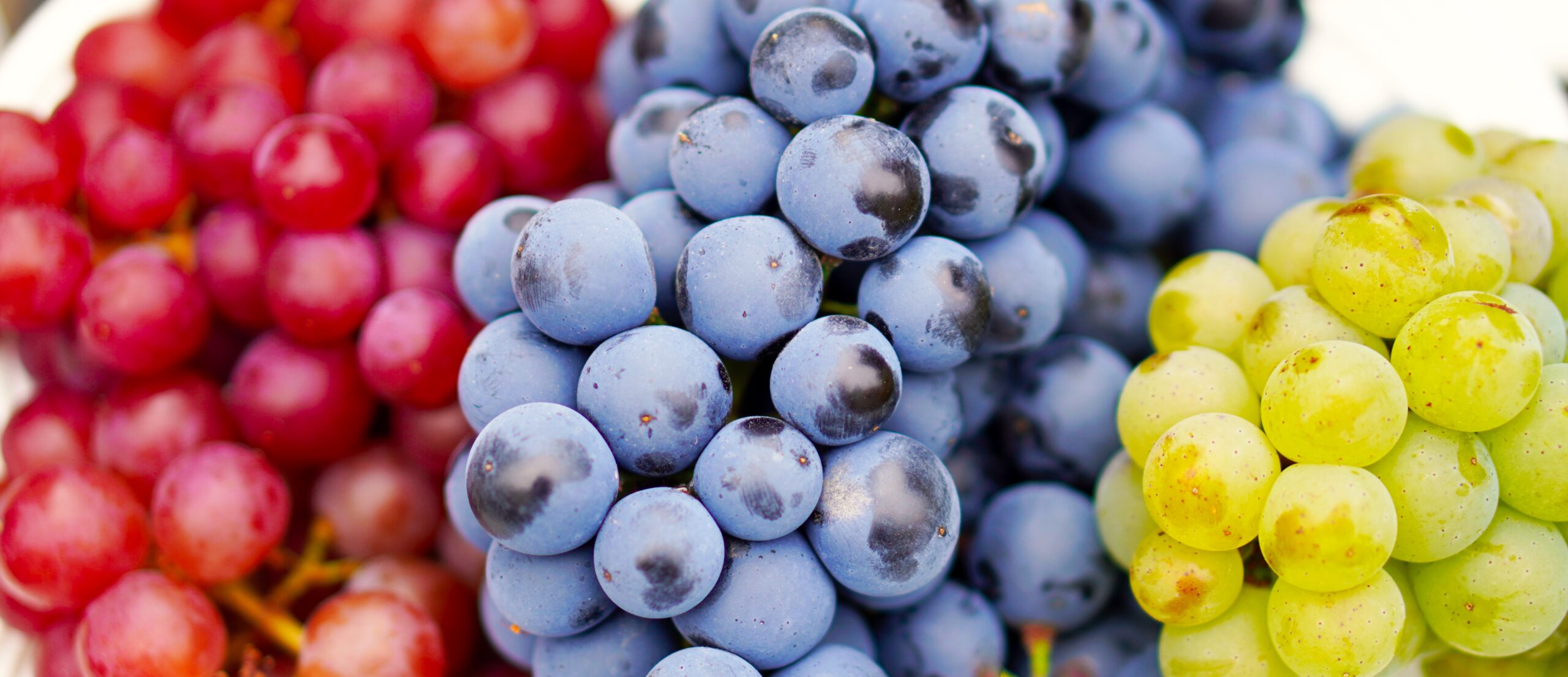

The resveratrol in grapes, the elixir of life
When you say grapes, you say not only wine, but also treat (and not just for the tastebuds), health, and beauty.
They say that viticulture has existed since the beginning of time, and the fact that grapes are still in the center of attention is entirely due to it. We can find them at the center of the most sumptuous meals, in basic or sophisticated recipes, at the base of most varieties of wine, in derived products with an impressive nutritional profile (grape seed oil) and in the cosmetics industry, from care products to food supplements (nutricosmetics).
The reasons?
Apart from their taste and fragrance, which satisfy even the most refined tastes, grapes can boast about their many health and beauty benefits. And this impressive portfolio is owed to resveratrol, a natural polyphenol that is most often found in red grapes.
There is no doubt that grapes are full of essential vitamins and nutrients, but so are all fruits and vegetables. Grapes to stand out for their strong antioxidant properties, sustained by vitamin C, resveratrol, and polyphenols. A handful of grapes has only 104 kilocalories, 4.8 milligrams of vitamin C, 10 micrograms of vitamin A, 288mg of potassium, and a sufficient amount of vitamin K (essential for blood clotting and healthy bones).
Numerous studies have focused on grapes, and the results have been simply astonishing. For example, they can improve memory, attention span, and mood; one study found that 250mg of a grape supplement per day significantly improved participants’ scores on cognitive tests (they measured attention span, memory, and language), compared to baseline.
Another study measured the effects of eating red grapes (500g/day for eight weeks) and concluded that they reduced total and “bad” cholesterol levels (white grapes did not seem to have the same effect). In fact, other studies have confirmed that diets rich in resveratrol from grapes – for example, the Mediterranean diet – had the effect of productively lowering cholesterol levels.
Resveratrol can also be of real use in preventing Alzheimer’s, as well as in the prevention and treatment of cancer, according to other studies. Research has also shown that resveratrol in grapes activates genes associated with slower aging and it sustains longevity.
Resveratrol can also protect retinal cells in the human eye against damage caused by UVA (ultraviolet A) light. A study found that this amazing compound in grapes can protect against the development of glaucoma, cataract, and diabetic eye disease, and, thanks to antioxidants – such as lutein and zeaxanthin – present in grapes, we could “protect” our eyes from the damage caused by blue light (of course, reducing contact with it would be the main solution).
Present in grapes in products derived from them (wine, to be precise), it is resveratrol that sustains skin health, offering support in fighting free radicals and reducing redness and inflammation, or preventing premature aging.
And wine can provide these benefits in two ways: enjoying it from a glass or through vinotherapy, extremely popular in recent years, which not only makes the skin more beautiful, but also stimulates blood circulation and has a strong toning and refreshing effect.
You know the saying: “in vino veritas… beauty.”





No Comments